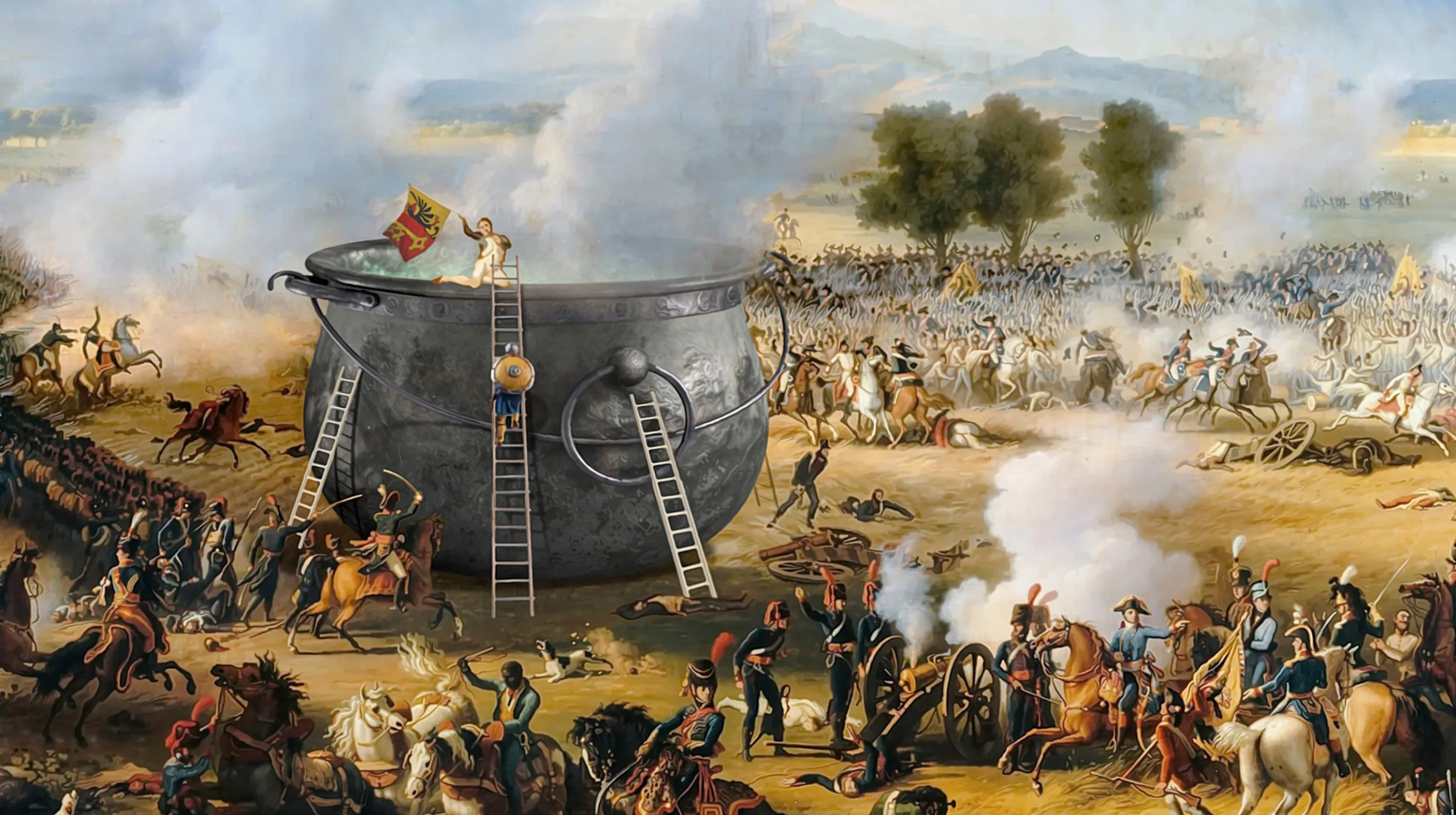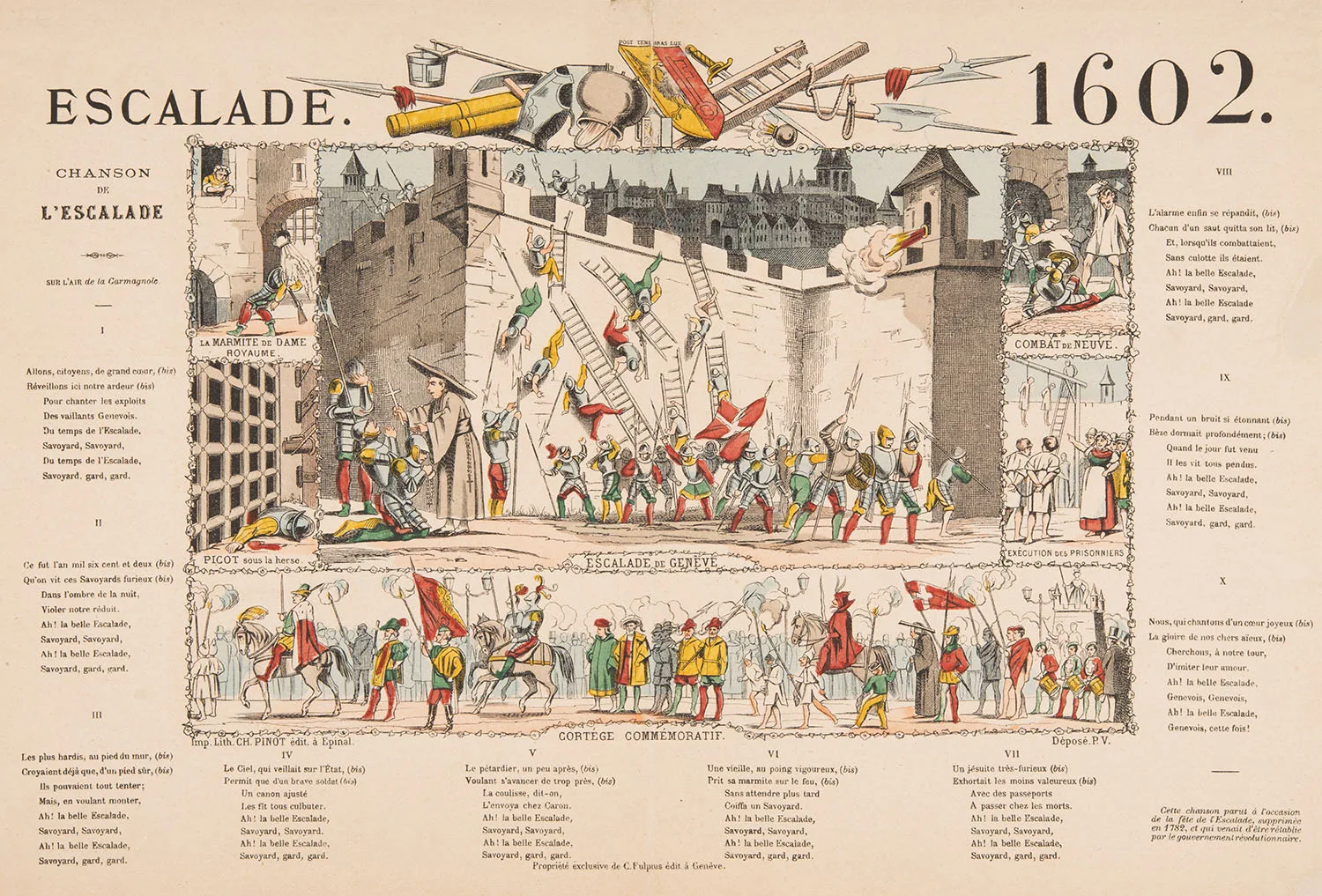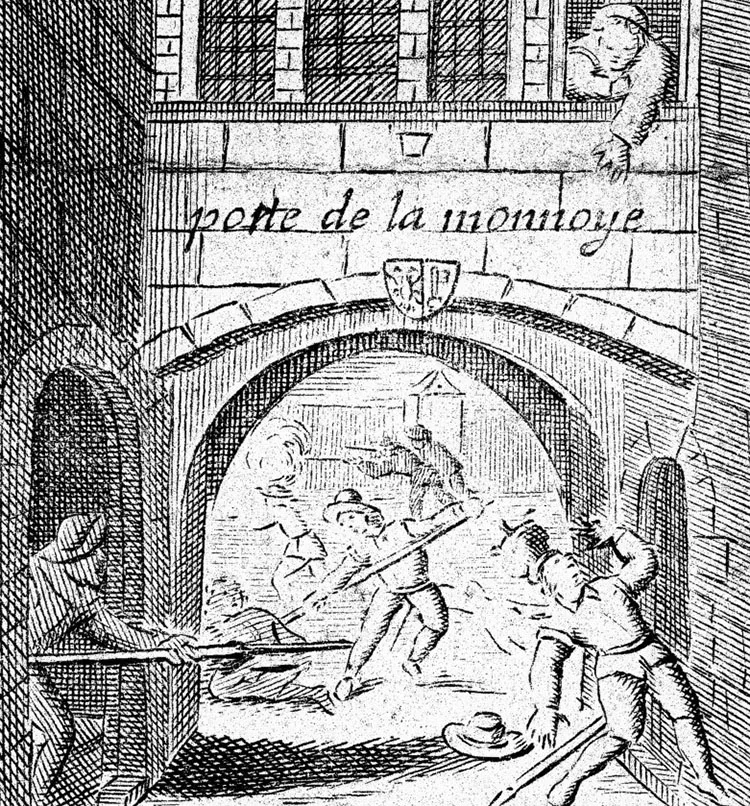
The Geneva Escalade
In December 1602, the Duke of Savoy attempted to take the city state of Geneva with a surprise attack. The attack was thwarted, and the city finally became independent.

Legend of the soup cauldron


In December 1602, the Duke of Savoy attempted to take the city state of Geneva with a surprise attack. The attack was thwarted, and the city finally became independent.

